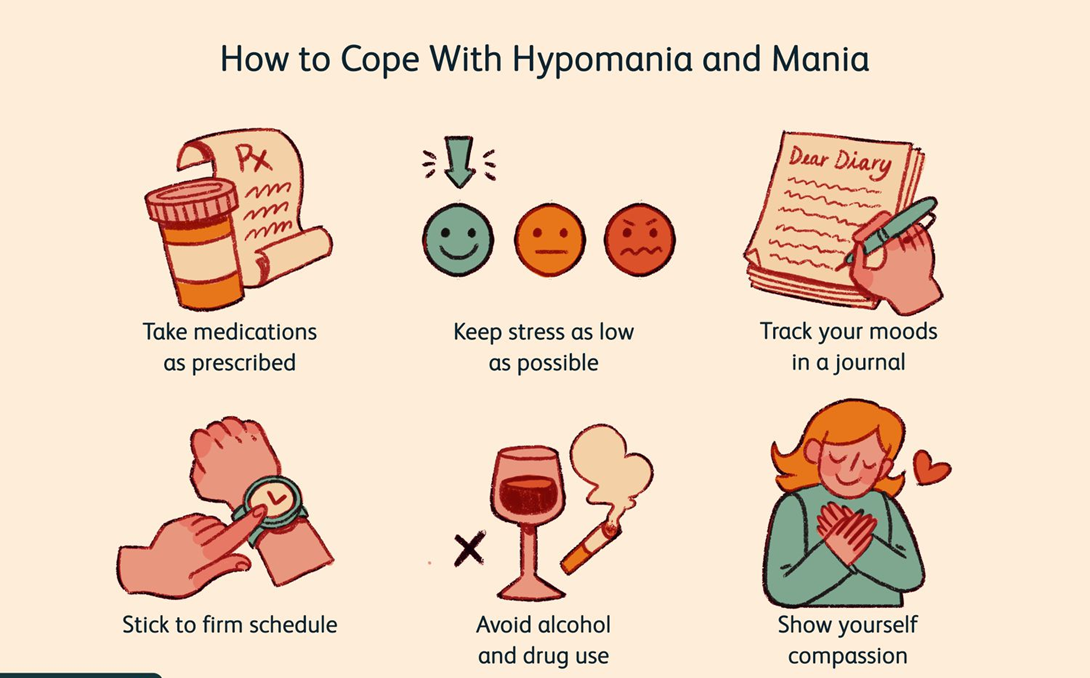A nurse would expect to administer which of the following medications to a client who is escalating to the point of a possible assault?
Lorazepam
Valproic Acid
Bupropion
Sertraline
The Correct Answer is A
Choice A Reason:
Lorazepam is a benzodiazepine commonly used to manage acute agitation and anxiety. It works by enhancing the effect of the neurotransmitter GABA, which has a calming effect on the brain. Lorazepam is often administered in emergency situations to quickly reduce agitation and prevent escalation to violence. Its rapid onset of action makes it an ideal choice for managing acute episodes of agitation and potential assault.

Choice B Reason:
Valproic acid is an anticonvulsant and mood stabilizer used primarily for the treatment of epilepsy and bipolar disorder. While it can help manage mood swings and prevent manic episodes, it is not typically used for the immediate management of acute agitation or aggression. Its effects are not rapid enough to address an escalating situation effectively.
Choice C Reason:
Bupropion is an atypical antidepressant used to treat major depressive disorder and to support smoking cessation. It works by inhibiting the reuptake of norepinephrine and dopamine, but it does not have the sedative properties needed to manage acute agitation or aggression. Therefore, it is not suitable for immediate intervention in a potentially violent situation.
Choice D Reason:
Sertraline is a selective serotonin reuptake inhibitor (SSRI) used to treat depression, anxiety disorders, and other mood disorders. While it is effective for long-term management of anxiety and depression, it does not have the rapid calming effects required for managing acute agitation or potential assault. SSRIs generally take several weeks to achieve their full therapeutic effect.
Nursing Test Bank
Naxlex Comprehensive Predictor Exams
Related Questions
Correct Answer is A
Explanation
Choice A Reason:
Cognitive Behavioral Therapy
Cognitive Behavioral Therapy (CBT) is the most effective non-pharmacological treatment for anxiety disorders. CBT focuses on identifying and challenging negative thought patterns and behaviors that contribute to anxiety. It teaches clients practical skills to manage their anxiety, such as relaxation techniques, exposure therapy, and cognitive restructuring. Research has consistently shown that CBT can significantly reduce anxiety symptoms and improve overall functioning.
Choice B Reason:
Psychoanalytic therapy
Psychoanalytic therapy, based on the theories of Freud, aims to uncover unconscious conflicts and past experiences that influence current behavior. While it can be beneficial for some individuals, it is generally not considered the first-line treatment for anxiety disorders. Psychoanalytic therapy tends to be long-term and may not provide the immediate relief that clients with severe anxiety need.
Choice C Reason:
Electroconvulsive (ECT) therapy
Electroconvulsive therapy (ECT) involves the use of electrical currents to induce seizures in the brain and is primarily used to treat severe depression and certain other mental health conditions. It is not typically used as a treatment for anxiety disorders. ECT is considered a last-resort treatment when other therapies have failed, and it is not suitable for managing anxiety symptoms in most cases.
Choice D Reason:
Family systems therapy
Family systems therapy focuses on improving communication and relationships within the family unit. While it can be helpful for addressing family dynamics and support, it is not specifically designed to treat anxiety disorders. Family therapy may be used as an adjunct to other treatments, but it is not the primary approach for managing anxiety symptoms.
Correct Answer is ["0.63"]
Explanation
To calculate the correct dose:
- Identify the prescribed dose: 5 mg
- Identify the concentration of the available morphine: 8 mg/mL
- Calculate the volume to be administered:
- Volume (mL) = Prescribed dose (mg) ÷ Concentration (mg/mL)
- Volume (mL) = 5 mg ÷ 8 mg/mL
- Volume (mL) = 0.625 mL
The nurse will give 0.63 mL (rounded to the nearest hundredth) for the correct dose.
Whether you are a student looking to ace your exams or a practicing nurse seeking to enhance your expertise , our nursing education contents will empower you with the confidence and competence to make a difference in the lives of patients and become a respected leader in the healthcare field.
Visit Naxlex, invest in your future and unlock endless possibilities with our unparalleled nursing education contents today
Report Wrong Answer on the Current Question
Do you disagree with the answer? If yes, what is your expected answer? Explain.
Kindly be descriptive with the issue you are facing.
